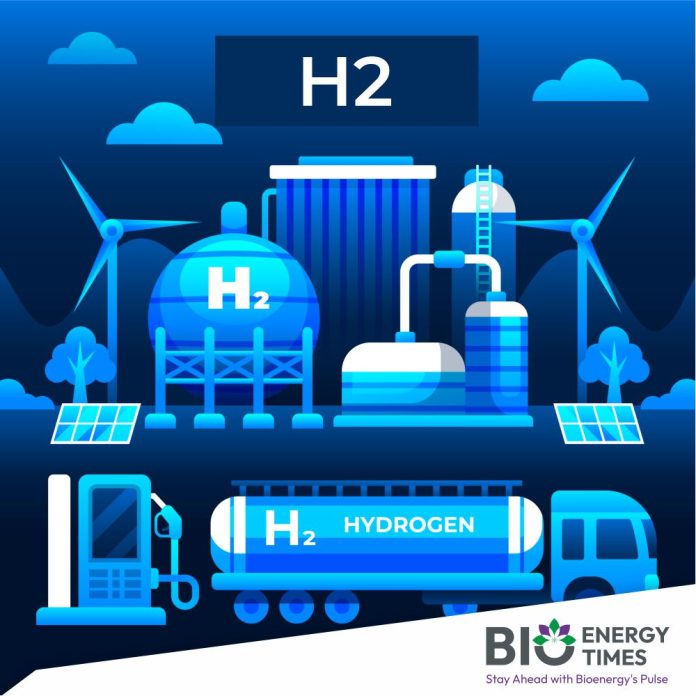Dr. V.K. Saraswat, Member of NITI Aayog, on Friday highlighted India’s push to reduce imports for hydrogen production as the country ramps up its clean energy initiatives, reports The Economic Times.
Speaking to reporters, Saraswat said, “Work is underway across sectors to develop hydrogen fuel. Our target is to achieve 5 million metric tonnes of hydrogen by 2030. While we haven’t assessed progress yet, we are moving steadily in that direction.”
He noted that research and development efforts are focused on hydrogen charging stations, high-pressure cylinders, and other critical infrastructure to minimize dependence on imports.
Under the government’s Hydrogen Mission, with an outlay of ₹19,200 crore, plants for hydrogen production are already operational, and more electrolyzer units—key for producing green hydrogen—are being set up. Three “Hydrogen Valley” projects have been launched, including 50 MW, 100 MW, and 500 MW capacity plants in different regions of the country.
Saraswat added that industries are participating under a “challenge mode” to establish hydrogen production facilities. While some plants use solar energy to produce green hydrogen, others rely on grid power. Subsidies are being provided for setting up electrolyzer and fuel cell plants.
Automobile manufacturers are also developing fuel cell vehicles alongside battery-operated vehicles, and hydrogen storage and recharging infrastructure are being expanded. A new programme to produce hydrogen through nuclear energy—the cleanest and potentially cheapest form—is also underway. Additionally, private participation is being encouraged in the steam methane reforming (SMR) sector.
Research continues on hydrogen production, storage, and transport, including experimental trials like running buses with hydrogen-CNG blends. Saraswat noted that the cost of green hydrogen is currently $4–5 per unit, and bringing it down to $1 will require reducing electrolyzer costs, power costs, and domestic production of critical materials.
He stressed the environmental benefits of hydrogen, saying, “Hydrogen is a clean fuel. When it burns, it produces zero carbon and particulate matter, making it pollution-free.”














